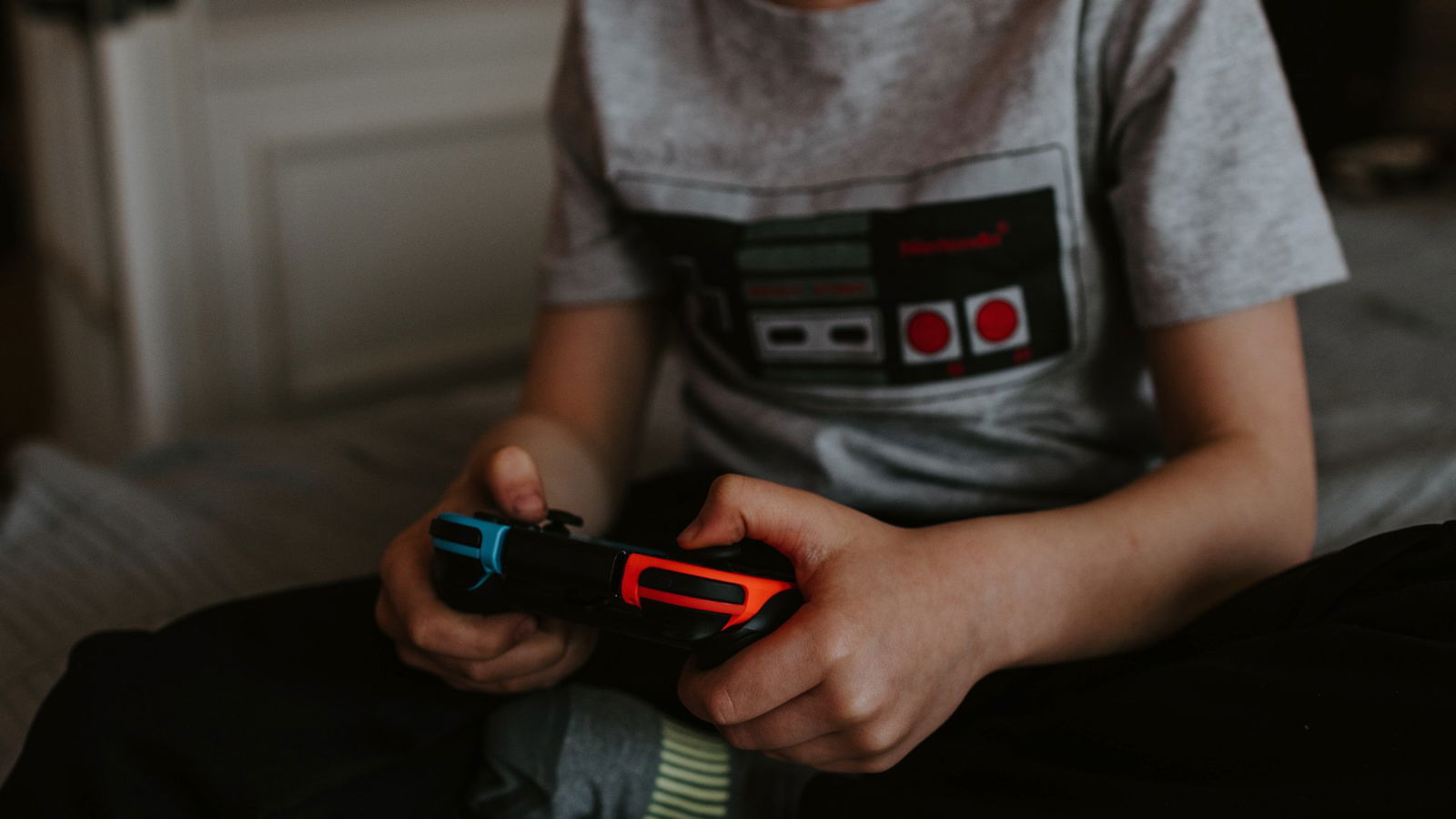
Teen Video Game Addiction May be Linked to Psychosis Risk, Study Finds
By Movieguide® Contributor
Many parents are concerned about how computers, video games and smartphones can affect their teen’s mental health.
Adolescents who play games and spend time on social media are more likely to suffer psychotic episodes later in life, according to a paper in the journal JAMA Psychiatry.
“Trajectories of higher video gaming and increasing-then-decreasing (‘curved’) computer use during adolescence were associated with higher levels of psychotic experiences at age 23 years,” McGill University researchers wrote in the paper. The study analyzed the data of 1,226 participants born between 1997 and 1998. Participants reported their weekly amount of television viewing, video gaming, computer use, and reading at ages 12, 13, 15, and 17 years.
“Between 5 and 7 percent of adults had a psychotic experience at some point, with the first often occurring during teenage years. Psychotic experiences or episodes often involve hallucinations, delusions, disorganized thinking, paranoia, and depressive moods,” Newsweek reported.
“The participants were asked questions including ‘Have you ever felt as if people seem to drop hints about you or say things with a double meaning?’, ‘Have you ever felt as if the thoughts in your head are not your own?’ and ‘Have you ever heard voices when you are alone?’ to determine if they had experienced periods of persecutory ideations, bizarre experiences, and perceptual abnormalities,” the outlet added.
Researchers analyzed the responses, discovering that playing video games during adolescence was linked to three to seven percent more psychotic experiences.
However, researchers believe the technology itself is not the only contributing factor, as adjusting for mental health and interpersonal difficulties at age 12 years lessened the association for video gaming but not for computer use.
“Higher media use and mental health problems appear to share risk factors, such as parental mental health problems, loneliness, bullying and parent-child relational problems,” the team said in the study.
“Understanding the environmental determinants and psychosocial functions of media use during adolescence may help better integrate digital technologies in the prevention and management of [psychotic experiences],” they wrote.
Parents shouldn’t lose hope as there are steps they can take to protect their children from the risks of social media and gaming.
Movieguide previously reported on smartphones and the Gen Z mental health crisis:
Social psychologist Jonathan Haidt, author of the book “The Anxious Generation: How the Great Rewiring of Childhood Is Causing an Epidemic of Mental Illness,” believes that social media and smartphones are creating a mental health crisis for teens…
So, how can parents help protect their kids and teens from the pitfalls of social media? Haidt laid out guidelines in an essay for THE GUARDIAN, which says:
- No smartphones before year 10
Parents should delay children’s entry into round-the-clock internet access by giving only basic phones with limited apps and no internet browser before the age of 14. - No social media before 16
Let children get through the most vulnerable period of brain development before connecting them to an avalanche of social comparison and algorithmically chosen influencers. - Phone-free schools
Schools must insist that students store their phones, smartwatches, and any other devices in phone lockers during the school day, as per the new non-statutory guidance issued by the UK government. That is the only way to free up their attention for one another and for their teachers. - Far more unsupervised play and childhood independence
That’s the way children naturally develop social skills, overcome anxiety, and become self-governing young adults.
Questions or comments? Please write to us here.


 - Content:
- Content: 